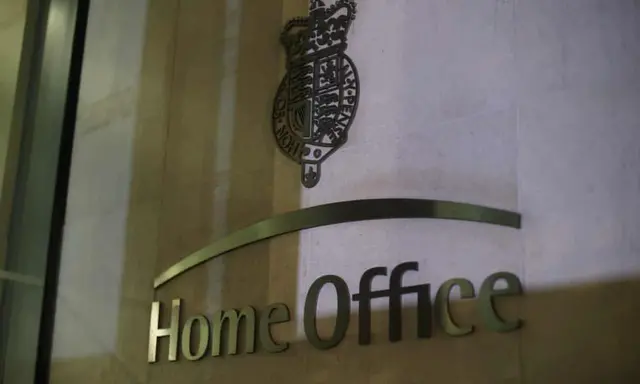Indian Prime Minister Narendra Modi arrived in St. Petersburg on Wednesday night for an annual summit with Russian President Vladimir Putin. The two leaders will work on a deal for Moscow to supply more reactors to a nuclear plant in southern India.
Modi, on a four-nation tour of Europe which includes Germany, Spain, Russia and France, will hold talks with Putin on Thursday on the sidelines of this year's St. Petersburg Economic Forum – the Russian version of Davos.
Russia's Deputy Foreign Minister Igor Morgulov (R) welcomes India's Prime Minister Narendra Modi at Pulkovo-2 airport in Saint Petersburg on May 31, 2017.
Last-minute negotiations are expected to iron out details of the nuclear power agreement ahead of the summit, Indian officials told the country's PTI News Agency.
The deal for building Unit 5 and 6 of the Kundankulam nuclear power plant in Tamil Nadu "remains work in progress," the source said.
With an aggregate capacity of 2,000 megawatts, the two units will significantly boost India's nuclear power generation if the deal is reached.
Reviving a 70-year relationship
The nuclear deal is one of a number of agreements expected to be signed by the two sides during Modi's visit, as he tries to turn a new page of India-Russia relations.
"Looking forward to a fruitful visit aimed at cementing India-Russia relations," the Indian prime minister tweeted after arriving in Russia.
The relationship between Moscow and New Delhi dates back 70 years, when the two sides established diplomatic relations. The Soviet Union and India enjoyed an alliance during the Cold War, with the USSR as India's largest trading partner and main arms supplier.
Russian President Vladimir Putin (R) and Indian Prime Minister Narendra Modi walk together at Taj Exotic Hotel in Benaulim, Goa, India during the BRICS summit on October, 15, 2016.
After the fall of the Soviet Union in the early 1990s, bilateral ties gradually cooled as India fostered a closer relationship with the United States, while Russia deepened cooperation with Pakistan and China. Trade between Russia and India slumped to eight billion US dollars in 2015, despite a 30 billion dollar target by 2030.
With Modi aiming for a revival of bilateral trade, analysts believe the Kremlin also hopes to diversity its diplomatic ties by working more closely with India.
"It is very clear that there will be a very strong statement that Russia is looking to diversify its political relations, is not looking to have one best friend," analyst Chris Weafer from consulting service provider Macro Advisory told AFP.
"Rather than praising China or being critical of Europe, they will try to say 'We are going to be diversified, we are going to be open'," he added.
(CGTN)
 简体中文
简体中文

